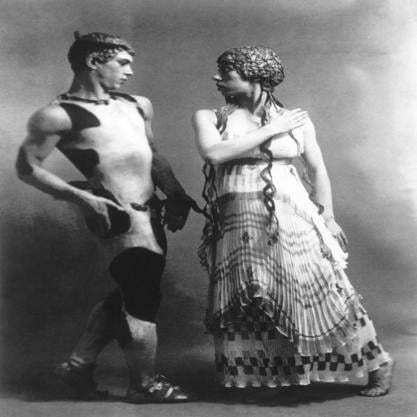Article
Rasim, Mihri (1885–1954) By Dağoğlu, Özlem Gülin
Article
Mihri Rasim was an Ottoman-Turkish portrait painter and educator. Born in 1885 in Istanbul under the Ottoman Empire, she came from the Ottoman imperial elite. Rasim led an avant-garde life and was a feminist pioneer. In 1914 Rasim used her connections with the leaders of the Young Turk movement to found the first Ottoman-Turkish school of fine art for women (Inas Sanayi-i Nefise Mektebi). As head of the women’s academy she introduced life classes that used nude female models. Rasim was part of an exclusive circle gathered around the progressive journal Servet-i Fünun [The Merit of the Sciences]. A cosmopolitan artist, between 1907 and 1927 Rasim lived from time to time in European cities, where she worked with celebrated international artists including the American John Singer Sargent, the Frenchman Léon Bonnat, and the Austrian Rudolf Bacher. She portrayed era-defining men as well as controversial ones, e.g. Benito Mussolini, Gabriele D’Annunzio, Paul von Hindenburg, Georges Bernard Shaw, and Mustafa Kemal Atatürk. In 1927 Rasim immigrated to the United States and continued to move in politically and culturally elite circles. Rasim painted the portraits of great American men, leaders in science, industry, and government, including Thomas Edison, Edwin Markham, Woodrow Wilson, and Franklin D. Roosevelt.


